We continue here Brookings’s ongoing interview series with Islamist leaders and activists, as part of our Rethinking Political Islam initiative. We asked each participant to discuss the state of his or her movement and reflect on lessons learned from various crises, including the rise of ISIS and the 2013 military coup in Egypt. For our previous interviews with Lebanese, Pakistani, and Moroccan Islamists, see here and here and here.
Up next is Amr Darrag, a prominent Muslim Brotherhood figure, who served as Egypt’s Minister of Planning and International Cooperation before the military coup in 2013. He was previously a member of the Executive Board of the Freedom and Justice Party (FJP) as well as the Chairman of the party’s Foreign Relations Committee. Darrag received his doctorate from Purdue University in 1987.
This interview is particularly relevant given the charged debate around the agenda of the Muslim Brotherhood and possible executive action by the Trump administration to designate the Brotherhood a terrorist organization. The Egyptian Muslim Brotherhood—the largest and oldest mainstream Islamist movement—often sets the tone for policy conversations regarding Islamism. Darrag’s interview—along with the other Islamists we spoke to—shows just how complicated the internal dynamics of these movements actually are. It’s fine to view the Brotherhood as bad, authoritarian, or illiberal. One of us (Shadi) has written extensively on the illiberal nature of Islamist movements. But, while we may find the Brotherhood’s positions objectionable, this does not exempt us from speaking to the very people we are trying to understand, both for better or worse.
The interview begins with a discussion around the Muslim Brotherhood’s brief, turbulent tenure in power. Darrag reflects on mistakes made, including how the Brotherhood badly miscalculated the deep state’s resolve to override the Brotherhood’s government. The Brotherhood, he argues, should have avoided blanket gradualism and instead adopted a more revolutionary approach, moving more aggressively to reform the judiciary and military. We ask him if he would consider himself a revolutionary and whether the Brotherhood became “obsessed” with elections. Darrag also addresses the timing of elections in a future transition and the need for the Brotherhood to announce that “it has nothing to do with political competition,” a position which has sparked controversy within the Brotherhood itself. Toward the end, Darrag discusses internal divides and debates and whether a lack of strategic and critical thinking has hobbled the Brotherhood.
The Brookings Institution is committed to quality, independence, and impact.
We are supported by a diverse array of funders. In line with our values and policies, each Brookings publication represents the sole views of its author(s).

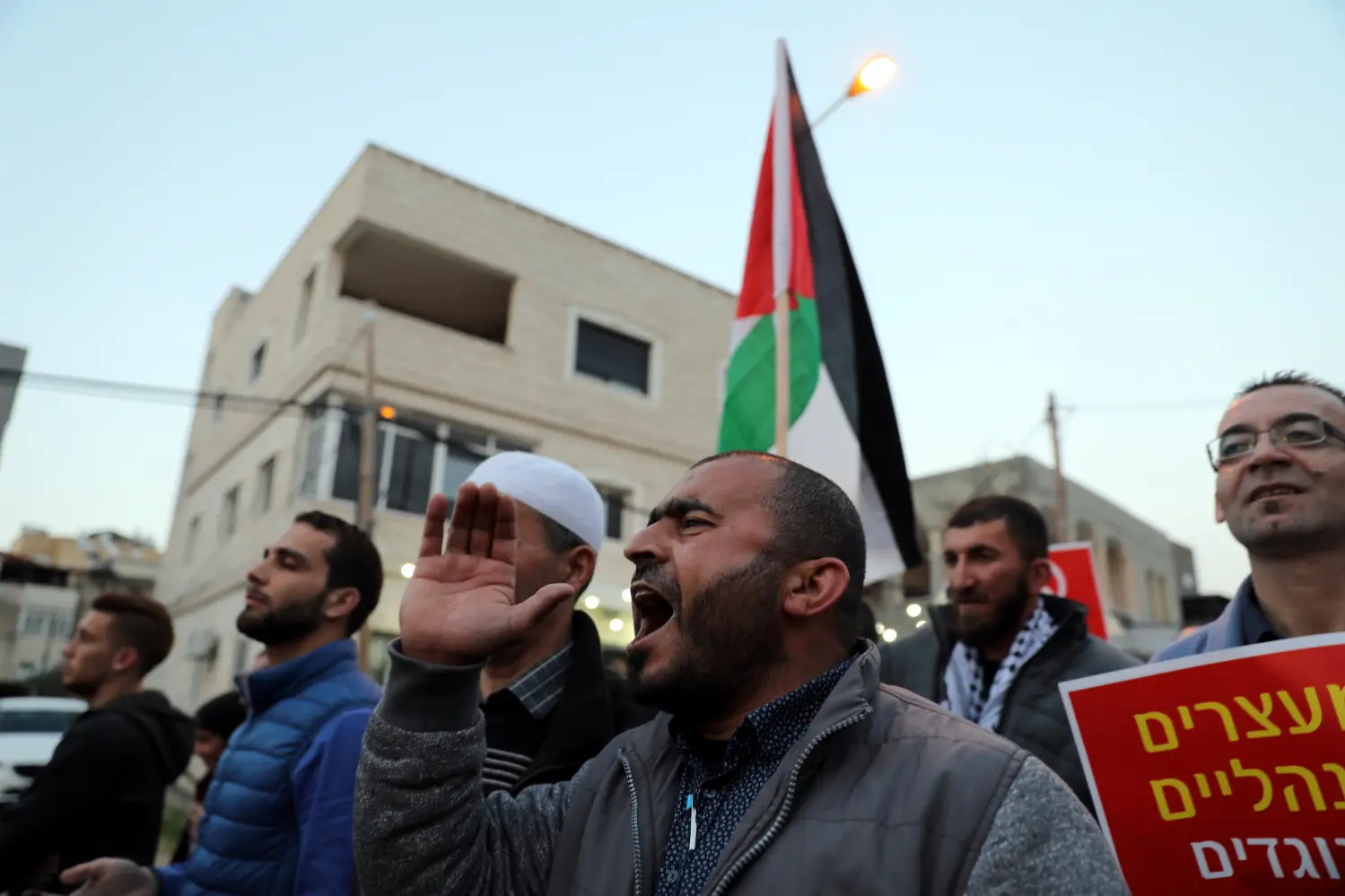
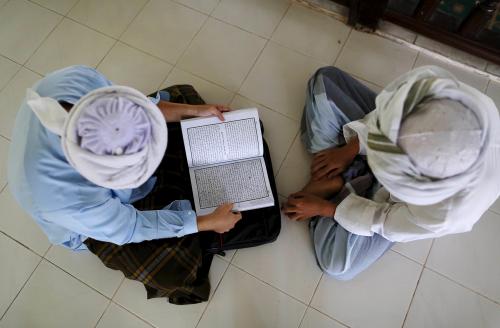
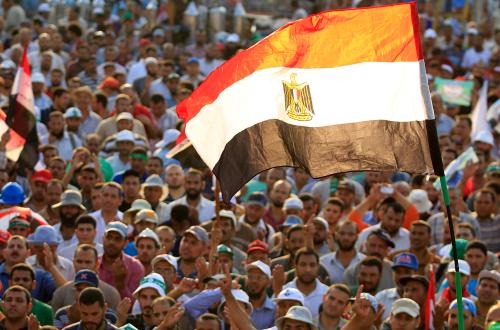
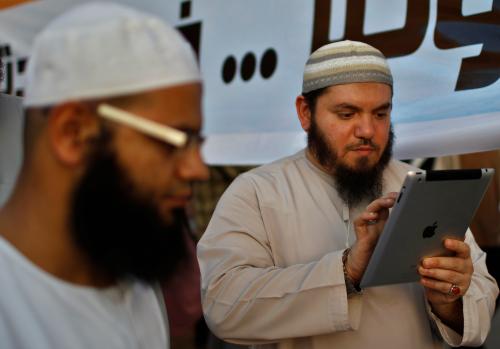

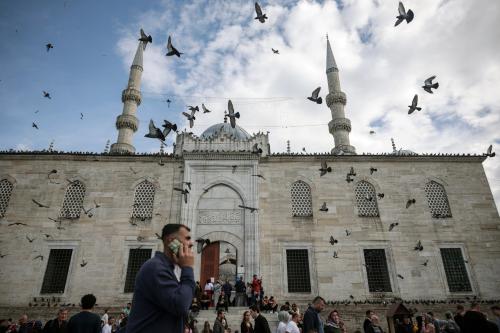

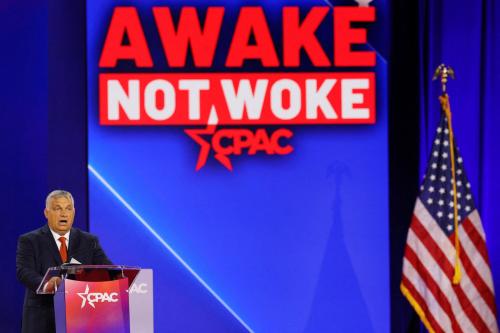
Commentary
Islamists on Islamism today: An interview with Amr Darrag, leading Muslim Brotherhood figure
February 9, 2017